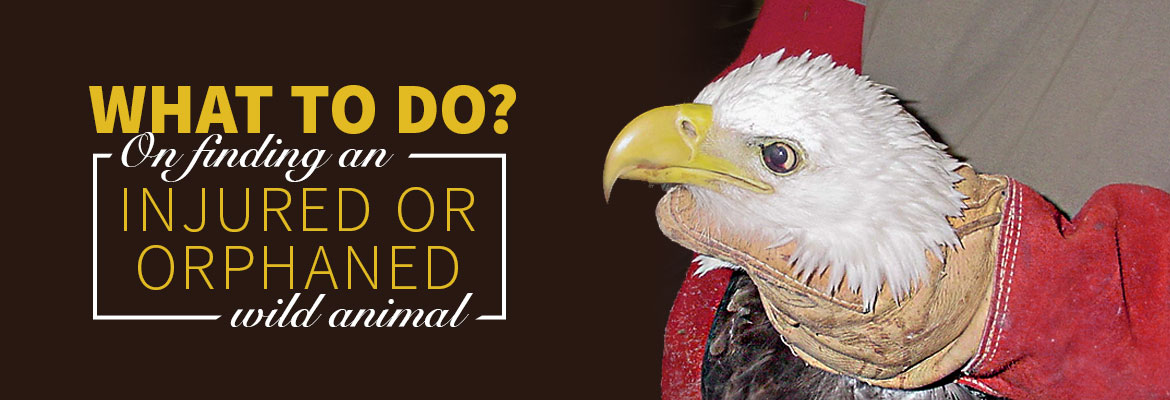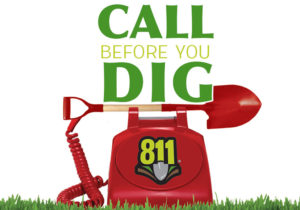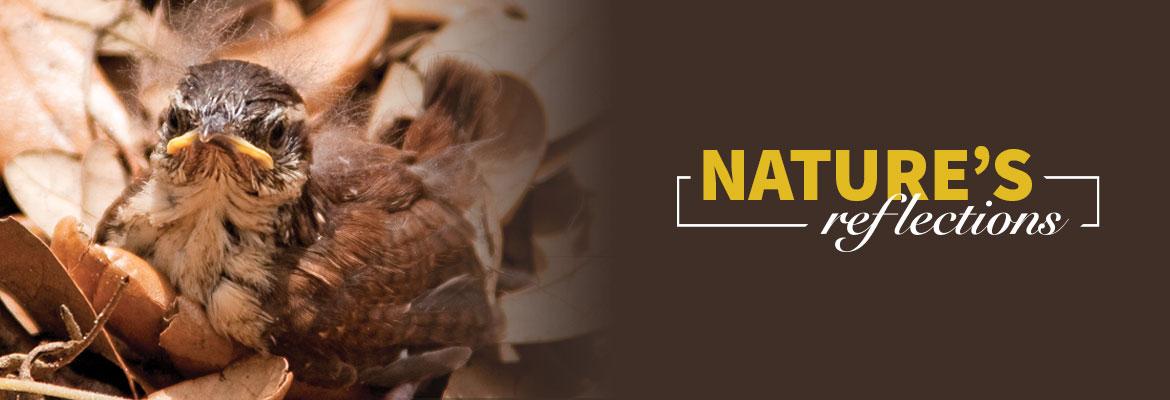Nature’s Reflections – What To Do?
On finding an injured, or orphaned wild animal
First, determine if help is really needed. In the spring it is common to see baby wild animals or birds that may appear to be in need of assistance. Most often it is being well cared for by a parent who may be hunting for food, or watching from an unseen location. Back away and observe the animal to see if the parent returns. A bird, fallen from the nest, could be returned if possible or moved to a branch, or safer location.
Signs that an animal may actually need assistance: Has it been cornered by another animal or domestic pet? Is there evidence of bleeding? Does it look like it has a broken limb? Is it shivering, or appear stressed? Is there a dead parent, or siblings nearby? Is it crying and wandering about? If any of these signs are observed, it’s time to take action.
Do not try to handle an animal without first consulting a wildlife professional. Even small animals can cause injury. Contact the Florida Wildlife Conservation Commission’s (FWC) regional office in Ocala at (352) 732-1225, and report the situation, or consult a licensed wildlife rehabilitator. They will give direction for care until help arrives. A list of rehabilitators can be found at: myfwc.com/conservation/you-conserve.

Once in touch with a professional, describe the animal and its physical condition as accurately as possible.
If your safety is at risk, watch from a safe distance. Otherwise, while waiting for help to arrive take these steps: Put the animal in a container safe for transport such as a cardboard box. First, punch air holes and line it with an old t-shirt or soft cloth. Wearing gloves, cover the animal with a towel or pillowcase and gently place it in the container. Keeping the animal covered will help calm and reduce its stress. Do not give it food or water.
Place the container in an area out of direct sunlight where it is quiet. Wild animals can become stressed by voices and other man-made noises. If injured or orphaned, they’re already in a compromised condition. Keep their world dark and quiet to lower their stress level and help keep them alive until help arrives.
Read the full March 2016 SECO News here.
Column & photo by: Sandi Staton






